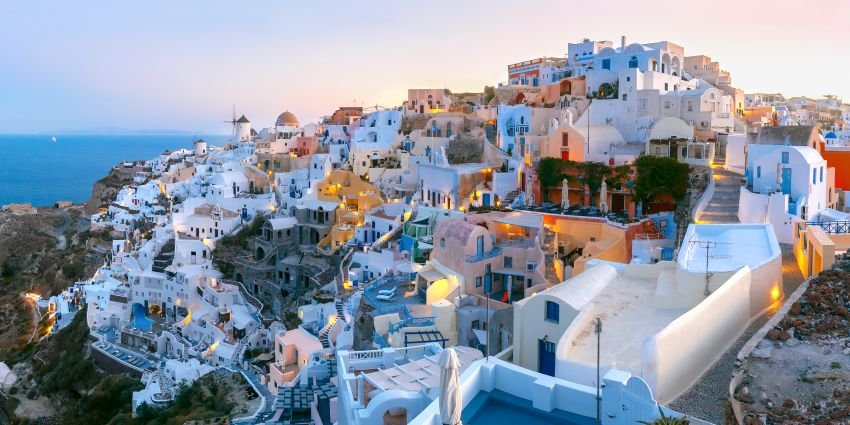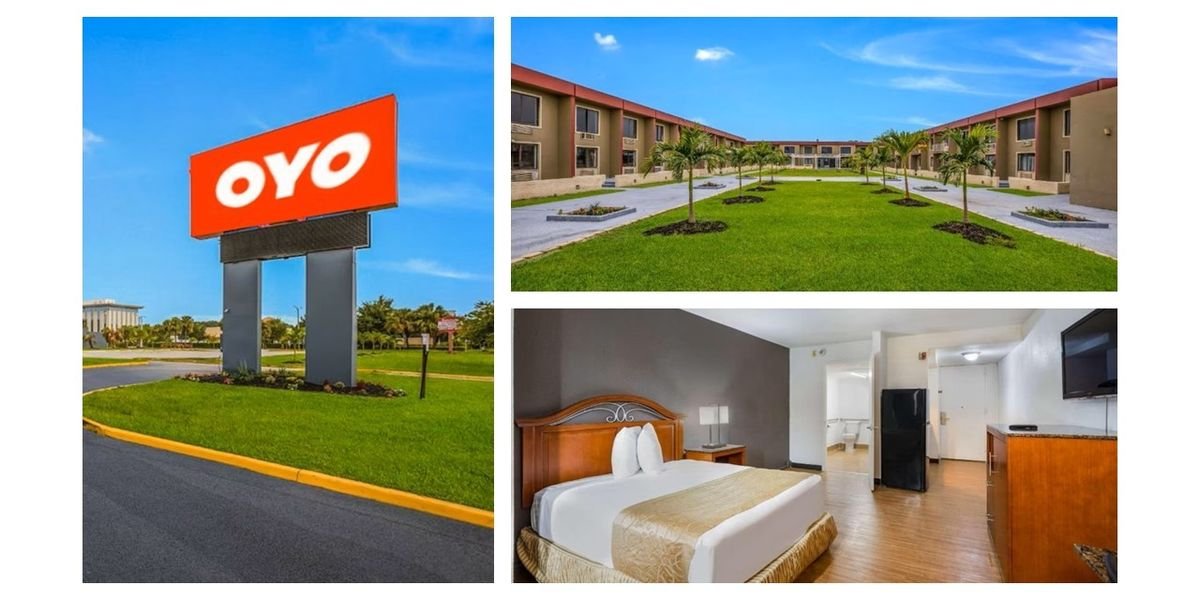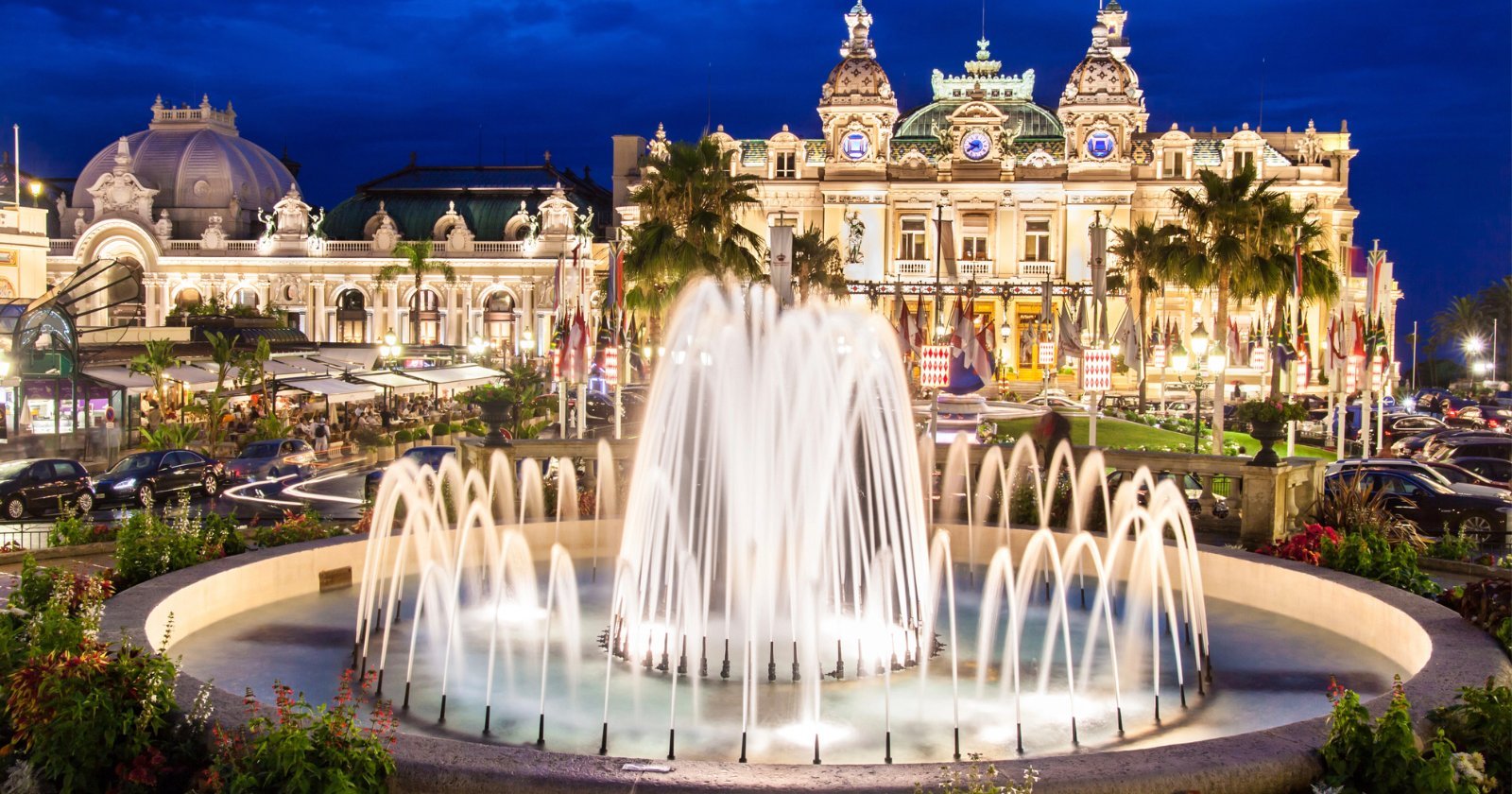Philippe Starck is a designer with a kaleidoscopic mind, one forever brimming with playfully subversive ideas that strike a perfect harmony between form and function. While his industrial work often leans towards the nuanced and pared-back, it’s in his hospitality projects that his imagination erupts into full rhapsody.
Earlier this year, the French creative unveiled his vision for Brach Madrid, the Evok Collection’s second Brach property following its Paris debut. For Starck, the interiors were never meant to feel like ‘decoration or architecture’. Instead, he conjured a love story to drive the design: a woman, adored by a man who fills her space with objects that evoke their romance. Rooms, accordingly, are joyously eclectic with elements like castanets, a tambourine, or a guitar dotted around.
Philippe Starck designs Maison Heler Metz
(Image credit: Photography by Julius Hirtzberger)
Now, 771 miles north of the Spanish capital, Starck has unveiled another hotel, one just as grounded in fiction as in form. In Metz’s Amphitheatre neighbourhood, Maison Heler Metz, part of the Curio Collection by Hilton, makes an arresting first impression: a towering brutalist base topped with a perfectly preserved 19th-century Lorraine house. This nine-storey monolith, housing 104 rooms and suites, joins a city already dense with Romanesque, Gothic, Renaissance, Baroque and Art Nouveau influences –and somehow doesn’t feel entirely out of place.
(Image credit: Photography by Julius Hirtzberger)
(Image credit: Photography by Julius Hirtzberger)
‘Maison Heler is a game on uprooted roots,’ Starck says. ‘A symbolic construction of Lorraine, whose historical identities create an inspiring intermediate state. The fortress-like houses of the region served as the central soil for this project, and the surreal story of its owner, Manfred Heler.’ That imagined owner is the protagonist of The Meticulous Life of Manfred Heler, a fictional tale written by Starck himself and published by Allary Éditions, which became the conceptual backbone of the hotel’s design.
Starck recounts: ‘Manfred Heler has inherited his parents’ beautiful house. As an orphan, he finds himself all alone in this mansion surrounded by a large park. One day, suddenly, the earth begins to tremble. He looks around and realises that he’s rising into the air. He climbs and climbs, until the shaking stops. His house has been extruded, as if a cookie-cutter had arrived from below, sliced off a piece of the earth, and mounted it vertically.’
(Image credit: Photography by Julius Hirtzberger)
(Image credit: Photography by Julius Hirtzberger)
Needless to say, there’s nothing cookie-cutter about the look of Maison Heler Metz. Guests (and curious non-guests) can access the house in the sky by heading to the ninth floor, home to the hotel’s restaurant, La Maison de Manfred. Open from breakfast through to a final nightcap, it offers a warm take on comforting French cuisine, with scenic views over the city below.
Inside, fiction continues to bleed into form. Warm, tactile details add a sense of familiarity – think natural wood and leather furniture, terracotta tiles, stacked logs, and central columns wrapped in deep green, embossed leather. Meanwhile, Starck’s daughter, Ara, created 19 stained glass windows for the restaurant, including one monumental piece that bathes the dining room in a cathedral-like wash of colour.
(Image credit: Photography by Julius Hirtzberger)
(Image credit: Photography by Julius Hirtzberger)
Maison Heler Metz, Curio Collection by Hilton, is located at 31 Rue Jacques Chirac, 57000 Metz, France.
TOPICS





































You must be logged in to post a comment Login